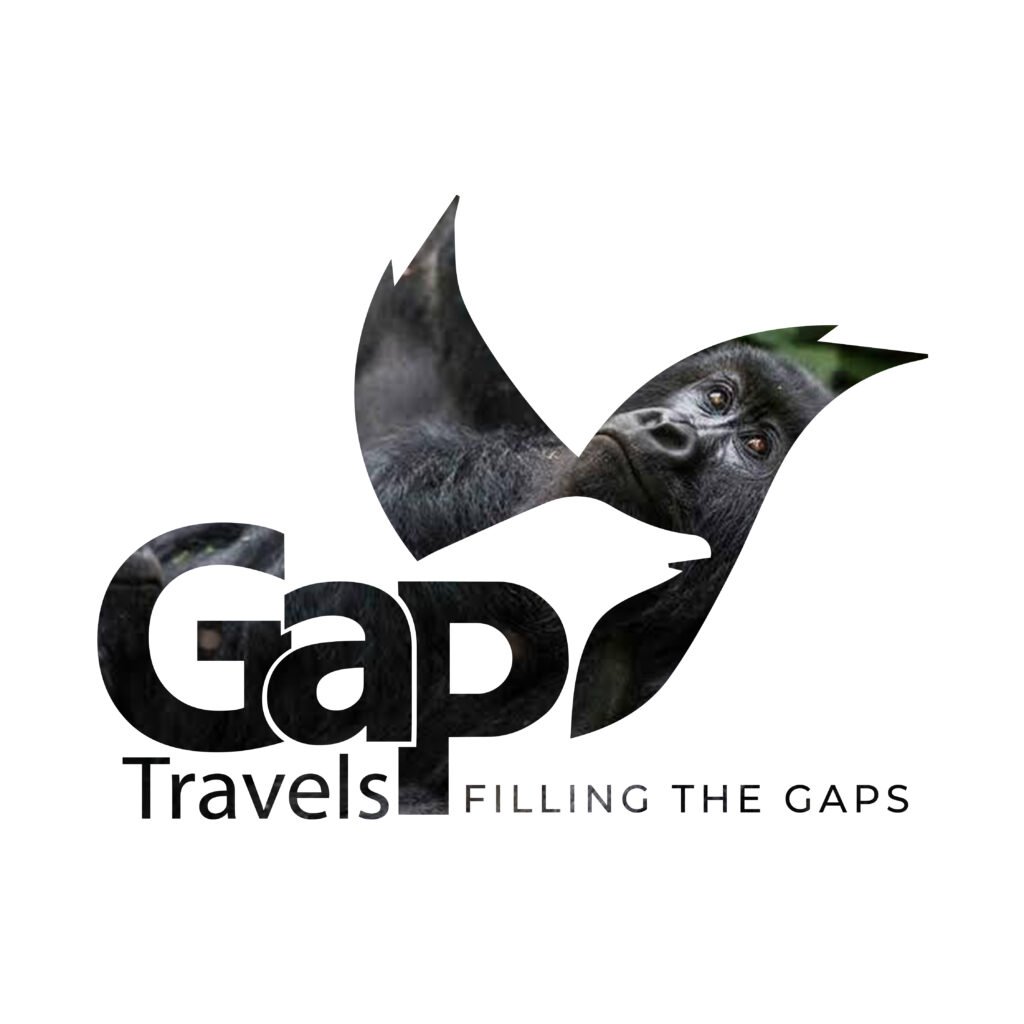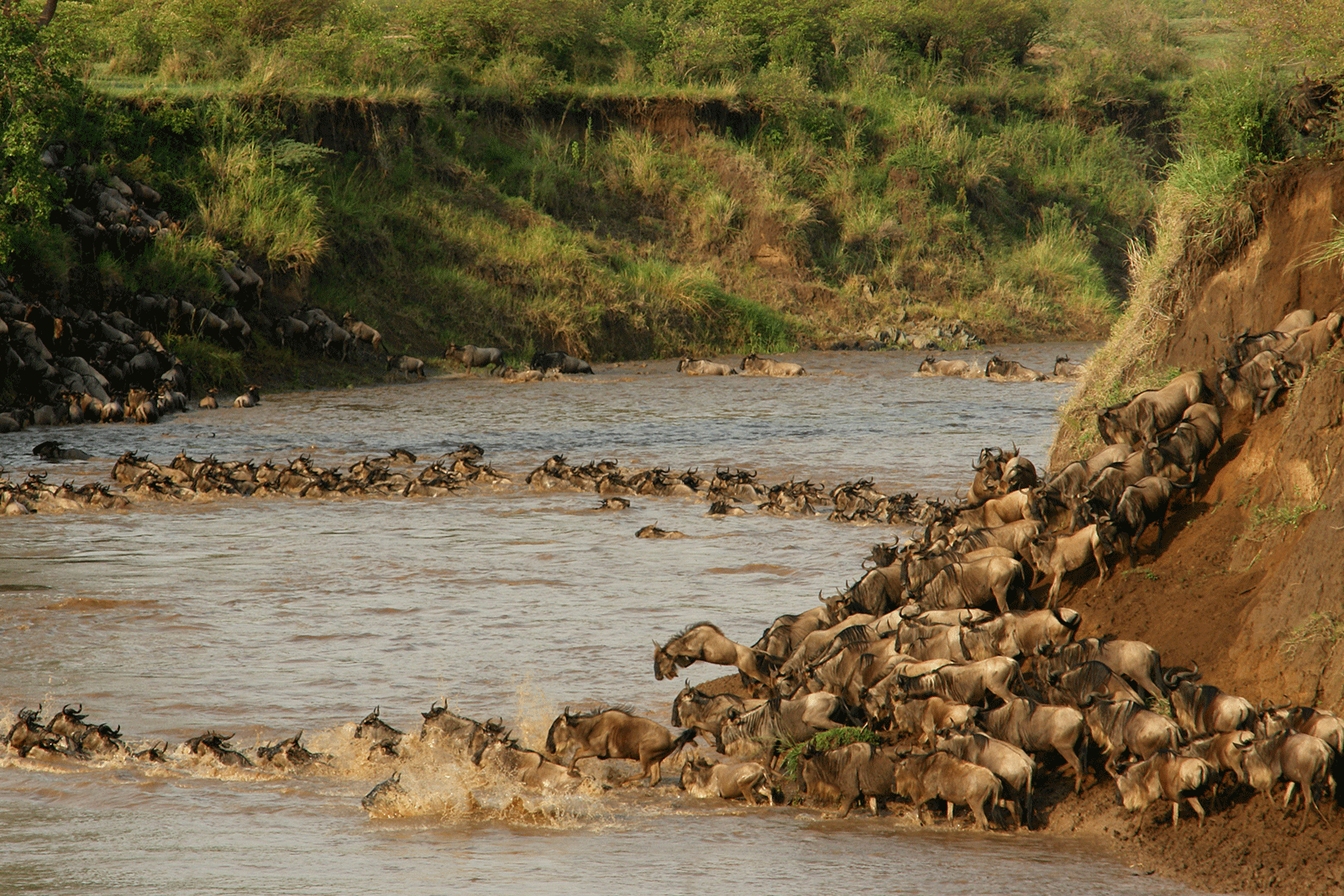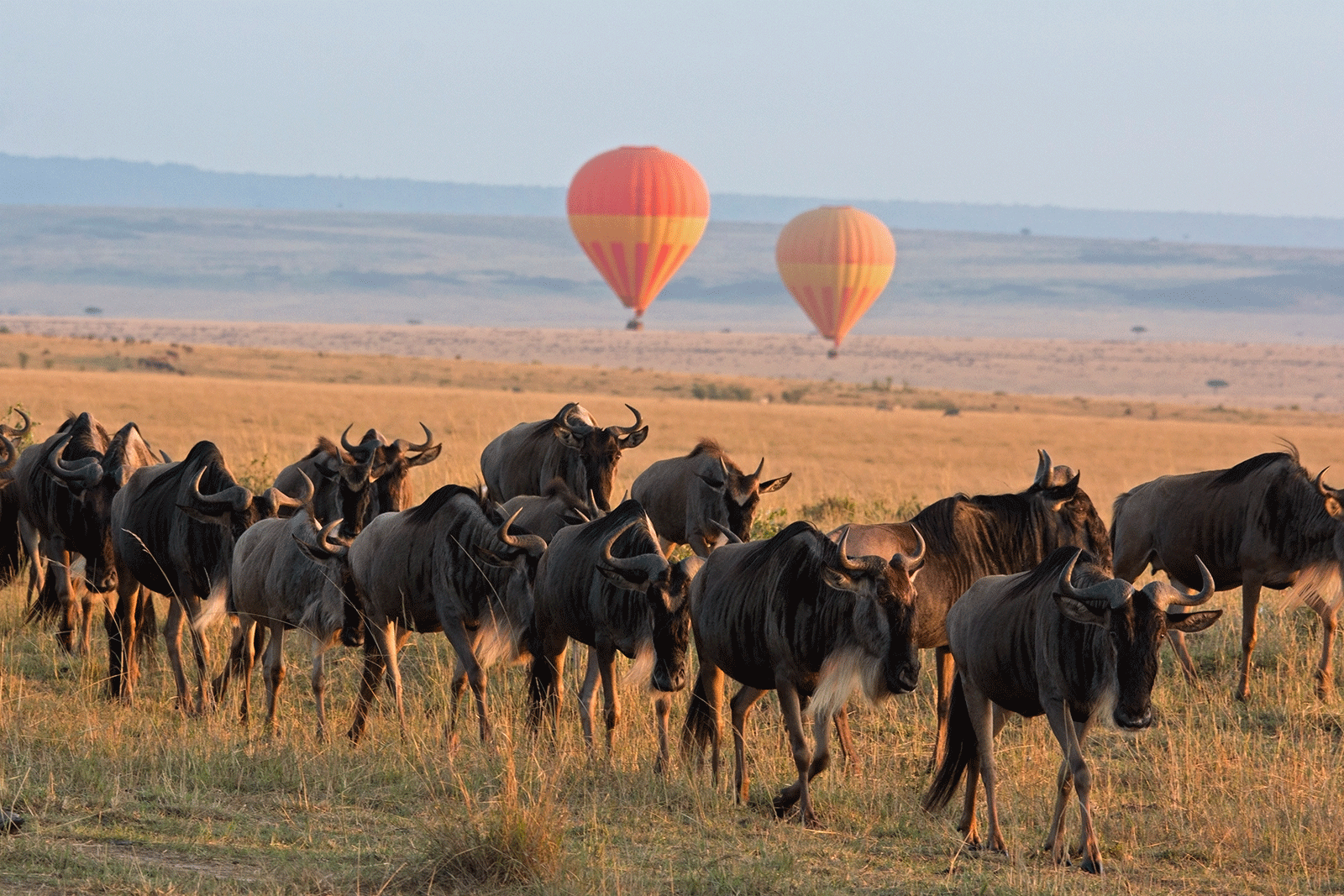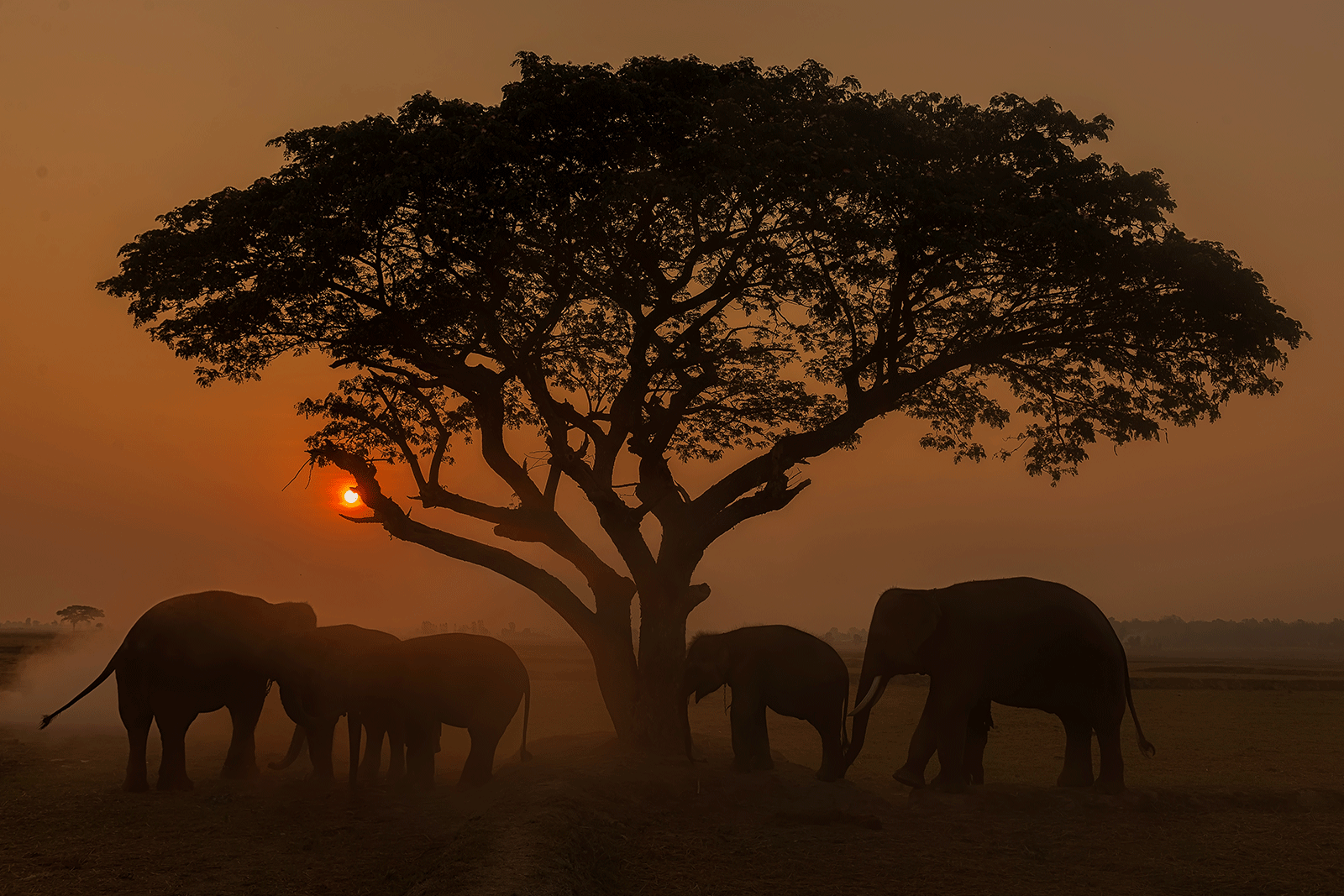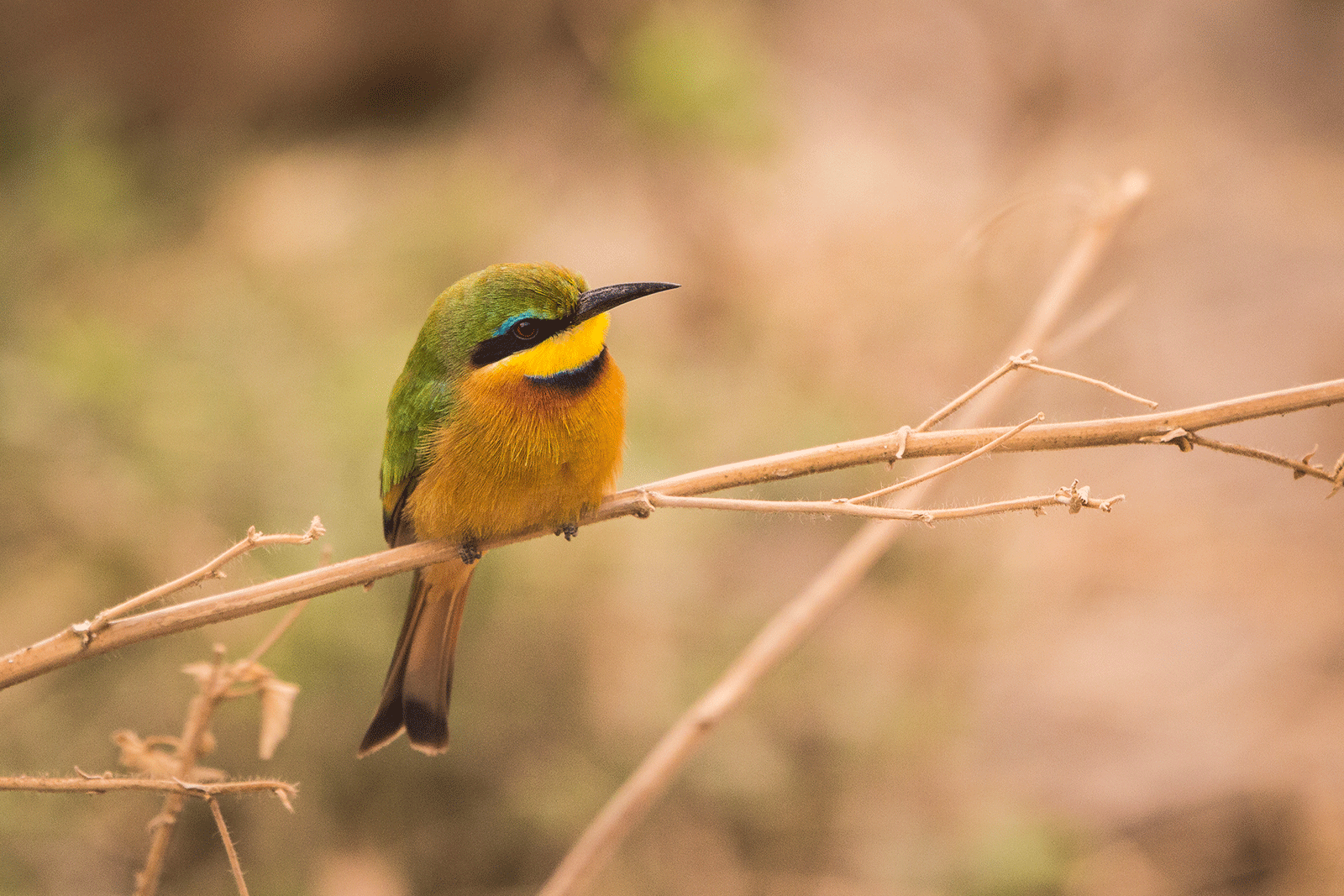Serengeti National Park Tanzania
[wpseo_breadcrumb]
Serengeti National Park
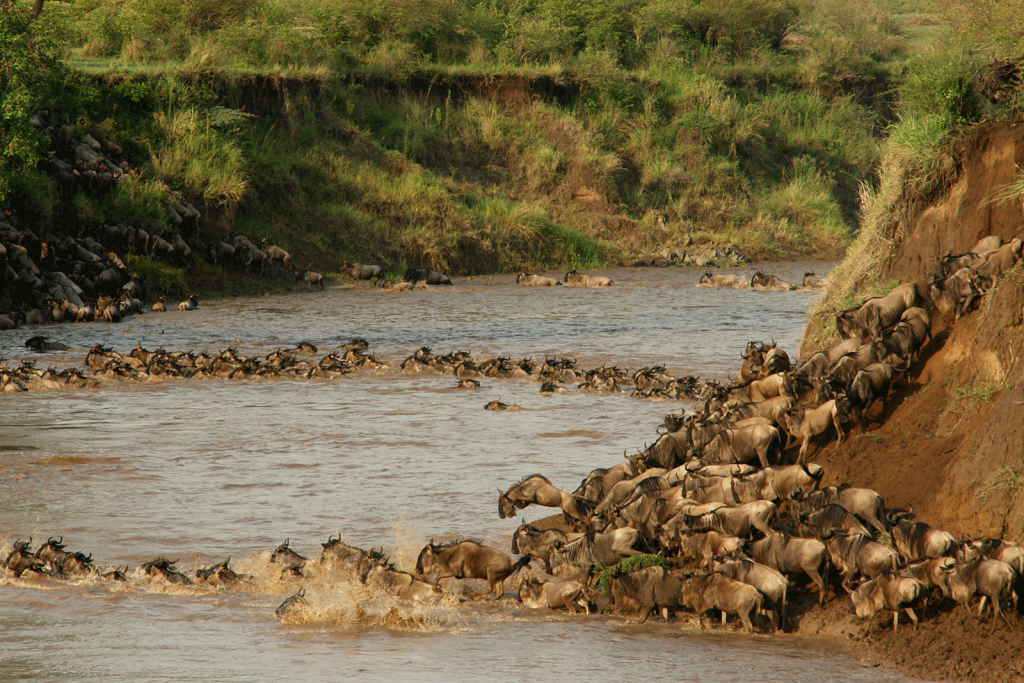
Size of Serengeti National Park Tanzania
Serengeti national park is 30000 sqkm making it the second-largest protected area in Tanzania next Selous game reserve.
Location of Serengeti National Park Tanzania
Serengeti National Park, in northern Tanzania, is known for its enormous annual migration of wildebeest and zebra. In quest of new grassland, the herds move north from their breeding grounds in the verdant southern plains. Many cross the soggy western corridor’s crocodile-infested Grumeti River. Others swerve northeast to the Lobo Hills, home to black eagles. Black rhinos inhabit the granite outcrops of the Moru Kopjes.
Serengeti National Park Tanzania
Serengeti national park is the oldest park in the country and is a UNESCO world site covering a very large area of 14,750sq km. located in the North-western side of Tanzania; It extends to the south of Kenya where it’s named Maasai Mara national reserve. It is bordered by the Ngorongoro conservation area to the southeast, Maswa Game Reserve in the southwest, Ikorongo and Grumeti Game Reserve in the west, and Loliondo Game Control Area in the east. The largest area of Serengeti national park is covered with grassland plains though there are others where you’ll find a riverine forest, woodlands, and savannah. Being in the middle of it bids views of distant sceneries and the only feeling you get is of the typical African wilderness. The word Serengeti means “boundless plains” in the language spoken by the Masai who live around Serengeti national park.
It is well known for its world’s largest wildlife exodus and high awareness of big cats like cheetah, lions, and hyenas. The wildlife migration denoted as “the Great Wildebeest migration” is an annual crusade of a large group of animals of about 2million, the prime wildlife being the wildebeest some zebras and gazelle that passage from Serengeti national park northwards to Masai Mara National Park and back to Serengeti. This migration is one of the prime attractions of the park. Other animals in the park include giraffes, leopards, elephants, buffalo, and many antelopes. Reliant on one’s interests in wildlife activities, different months come with different things to see and enjoy. That is, around July to August, wildebeest are forthcoming Mara River, January to March is when wildebeest are calving and predators are numerous and easily spotted.
The northern Serengeti comprises Loliondo, Lobo, and Kogatende. This is the part that stretches into Kenya. The best time to visit this part is from September to October and hunters like lions, cheetahs, and leopards are commonly spotted at Lobo.
The central Serengeti and Seronera area have beautiful and much wildlife, the area is good for doing full day game drives which have to start in the morning for chances of spotting lions.
Western Serengeti is a good spot for game and this is also where the animals cross River Grumeti during migration. Crocodiles, hippos, and birds are also common sightings at this river.
The Southern plains area gives the best views of the animals especially from December to March but animals are few in the dry season since they will have moved in search of water.
When to visit Serengeti National Park Tanzania
Since Serengeti national park is very large, there are different activities that take place in different sectors of the park and this may happen at different time periods. That is, when we consider the cycle of the behavior of wildebeest, these animals can be observed at different locations for different involvements such as calving, migrating, and more. Game drives are more exhilarating in areas where wildebeest live when calving- Ndutu region. You’ll therefore make a choice of the period to visit and the place to stay depending on what you wish to see. Note that the seasons sometimes change and the wildebeest migration cycle will not go on precisely the same way as always.
The area of the park is really big but it doesn’t disappoint when it comes to wild animals living there. It has big populations of wildebeest, hyena, giraffe, zebra, lion, buffalo, kongoni, impala, cheetah, hippo, and others and all these can usually be sighted. Black rhinos are also there though rarely spotted. The vegetation of the park is good for observing these wild animals. They can be observed throughout the year through different months and periods of the year offer exclusive sights. More of what to watch is about the wildebeest stages of their movement such as crossing rivers Grumeti around June and July and Mara around September. Observing these animals struggle to cross the river is one of the exhilarating things you won’t wait to see. Your driver-guide sets the vehicle at the best place that you can watch them cross, you’ll stay there and wait for the minute the first brave wildebeest will make the verdict to cross and then will be followed by others.
Things to do in Serengeti National Park
Serengeti National Park, in northern Tanzania, is known for its enormous annual migration of wildebeest and zebra. Seeking new grassland, the herds move north from their breeding grounds in the grassy southern plains.
Where to Stay in Serengeti National Park
Serengeti Sopa lodge
With sweeping views over the vast plains of the world-renowned Serengeti, rich with wildlife, this relatively large lodge is bright and cheerful. There is a resident game all year round and, if you time it right, you may even catch the Great Migration passing through, a once-in-a-lifetime experience.
Serengeti migration Camp
Perched on a rocky kopje near the Grumeti River in northern Serengeti, this tented camp provides a luxurious camping experience. The time is right and you’ll not only get to see the abundant resident game, but you may also catch the once-in-a-lifetime spectacle of the Great Migration passing through.
Kati Kati mobile camp
This mobile tented camp is set up in one of the best game viewing spots on the plains of central Serengeti. Kati Kati Camp is rustic rather than luxurious, but with fully-equipped, en-suite tents, you’ll experience a more refined version of camping in the wild African bush. It’s a true safari experience.
Things to do in Serengeti National Park
Serengeti National Park, in northern Tanzania, is known for its enormous annual migration of wildebeest and zebra. Seeking new grassland, the herds move north from their breeding grounds in the grassy southern plains. The popular things you must see and do in Serengeti National Park include among others:
Hot air balloon
Hot air balloon is also one of the famous tour activities in Serengeti national park. It is done in the morning for about an hour and you have chances of spotting nocturnal en route. Contact Great Adventure Safaris to book safari tours to Serengeti National park in Tanzania.
Bird watching
Not only is Serengeti great for wildlife viewing but also an exhilarating safari destination that hosts some of Africa’s beautiful bird species. The park has about 500 bird species with a few prevalent species in the Serengeti-Masai Mara ecosystem. Prevalent species include the grey-breasted spurfowl which is commonly sighted in Seronera and Fischer’s lovebird in the woodlands of the park. The rufous-tailed weaver, grey-chested helmet-shrike, and the Usambara barbet.
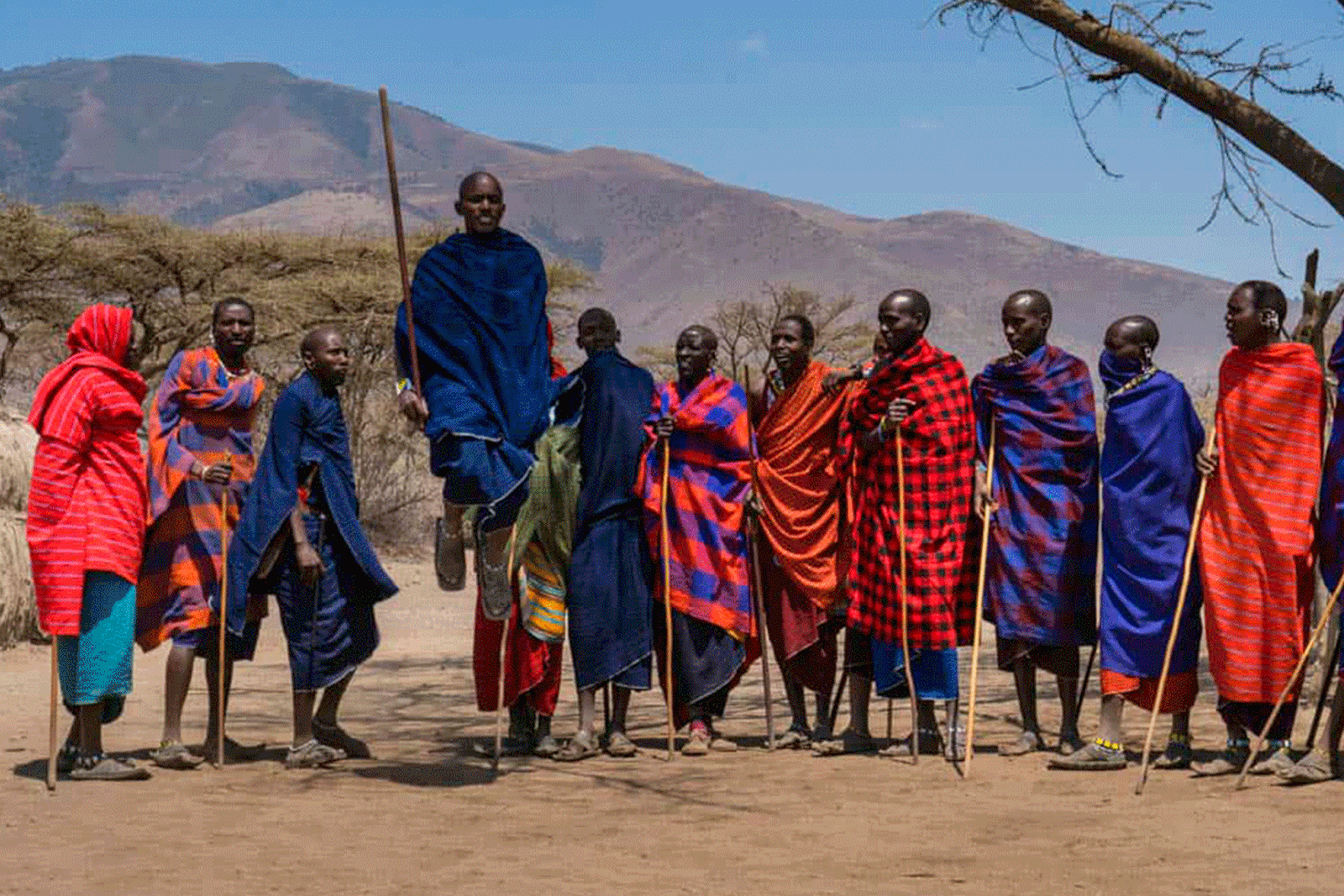
Visit the Masai village
Visiting the indigenous Masaai people should be on your list as the culture of these people is extraordinary.
